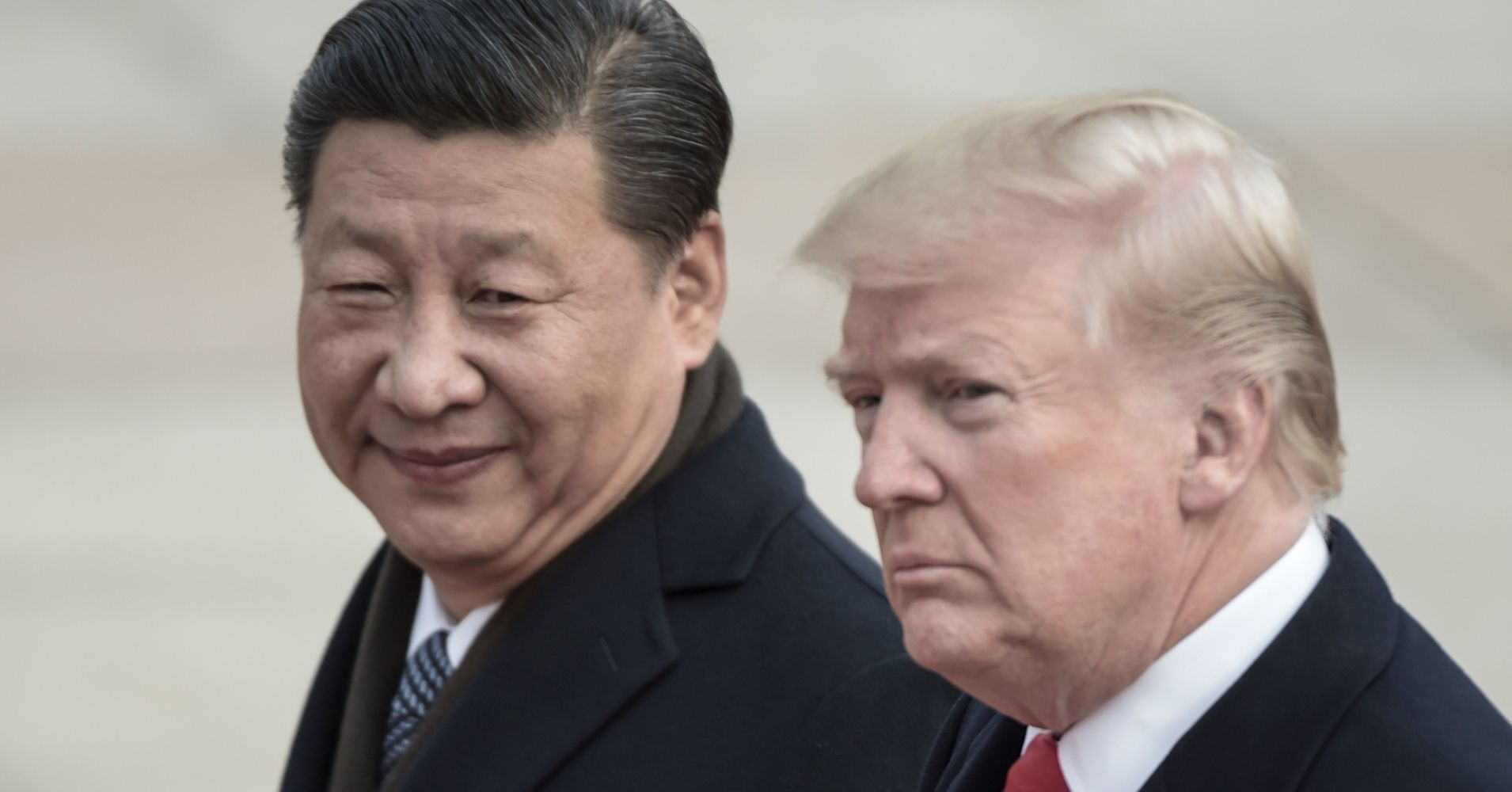Trade war tensions could get worse before they get better. And if the U.S. and China aren’t careful, one or both nations could get hurt, Joachim Fels, global economic advisor at Pimco, told CNBC on Thursday.
“I don’t think a trade war is the likely outcome — a full-blown trade war — but I think the situation is more like pro wrestling, right, where the big guys go at each other. They issue threats but they don’t really want to hurt each other,” Fels said on “Squawk on the Street.”
“The U.S. administration wants a deal, but the problem in this, as in pro wrestling, is sometimes people get really hurt,” he added.
Trade tensions between the world’s two largest economies have ratcheted up significantly in the past weeks. The U.S. has already imposed tariffs on $34 billion in Chinese imports, which were met with retaliatory charges by the Asian nation. After President Donald Trump instructed U.S. Trade Representative Robert Lighthizer to consider raising proposed tariffs on $200 billion in Chinese goods to 25 percent from 10 percent, the Chinese Ministry of Commerce responded with a retaliatory threat on Thursday.
“China is fully prepared and will have to retaliate to defend the nation’s dignity and the interests of the people, defend free trade and the multilateral system, and defend the common interests of all countries,” the Ministry of Commerce said in a statement. “The carrot and stick tactic won’t work.”
Fels anticipates tensions will worsen, before they improve. The U.S. will likely slap more tariffs on China, and China will try to respond in kind. Tariffs may hurt China more initially, as China exports more to the U.S. than the U.S. does to China, but he said China has “other ways to hurt U.S. companies.”
“There are many multinational, including U.S., companies operating in the U.S., and [China] can make life for them very difficult,” Fels said. “That’s why I would not underestimate the tensions and the potential for escalation before eventually things get better.”


 Signal2forex.com - robot Best Forex jeung sinyal
Signal2forex.com - robot Best Forex jeung sinyal




